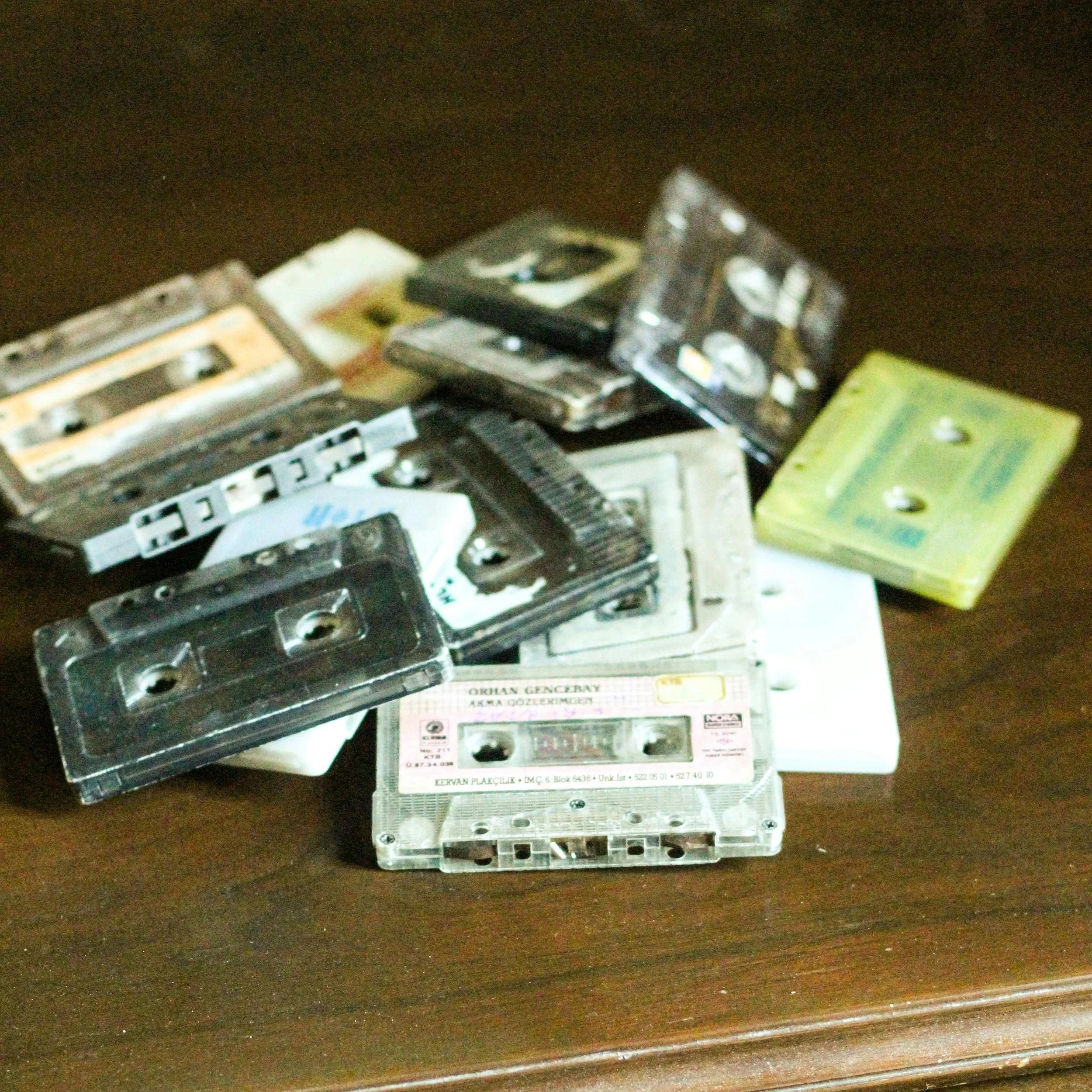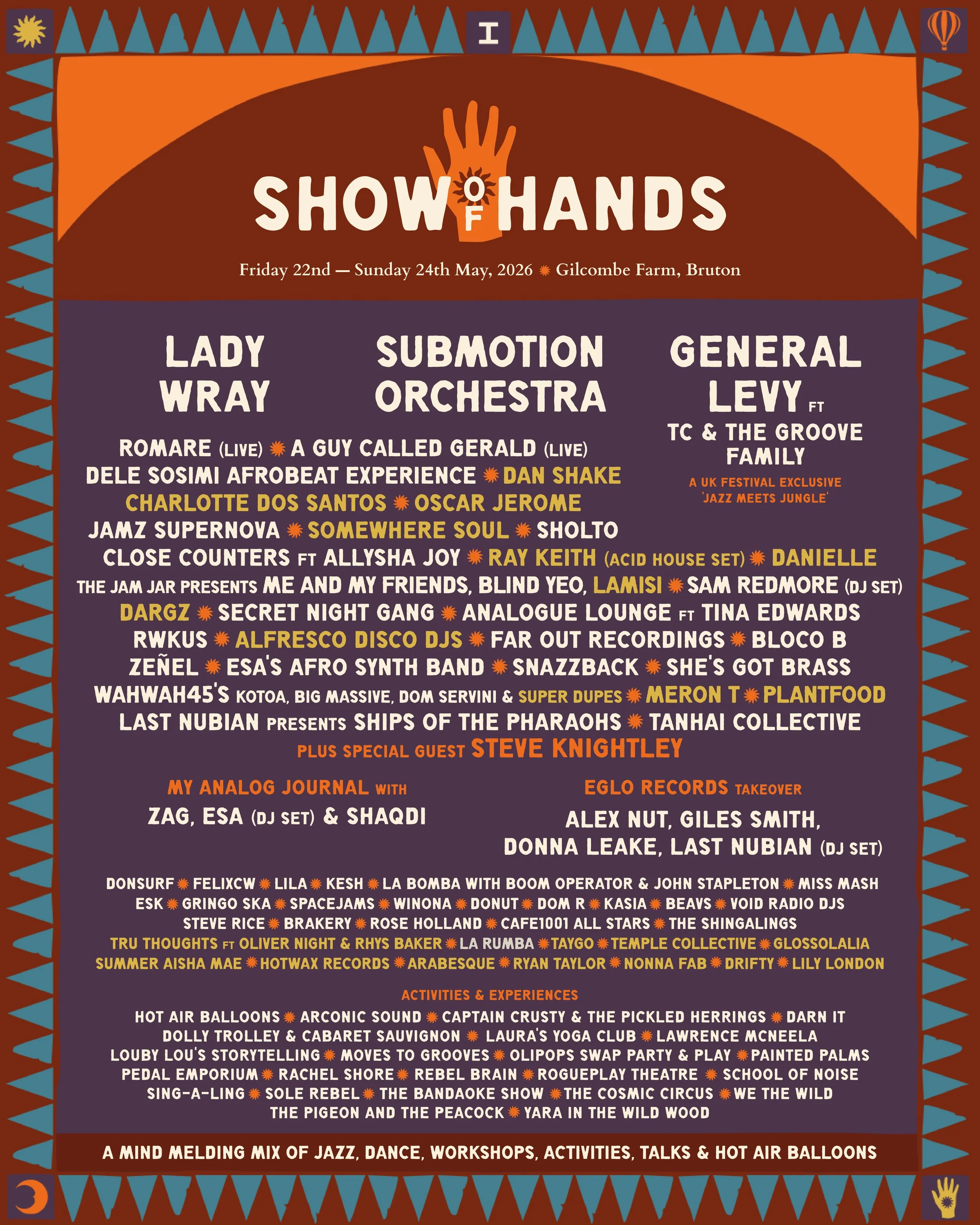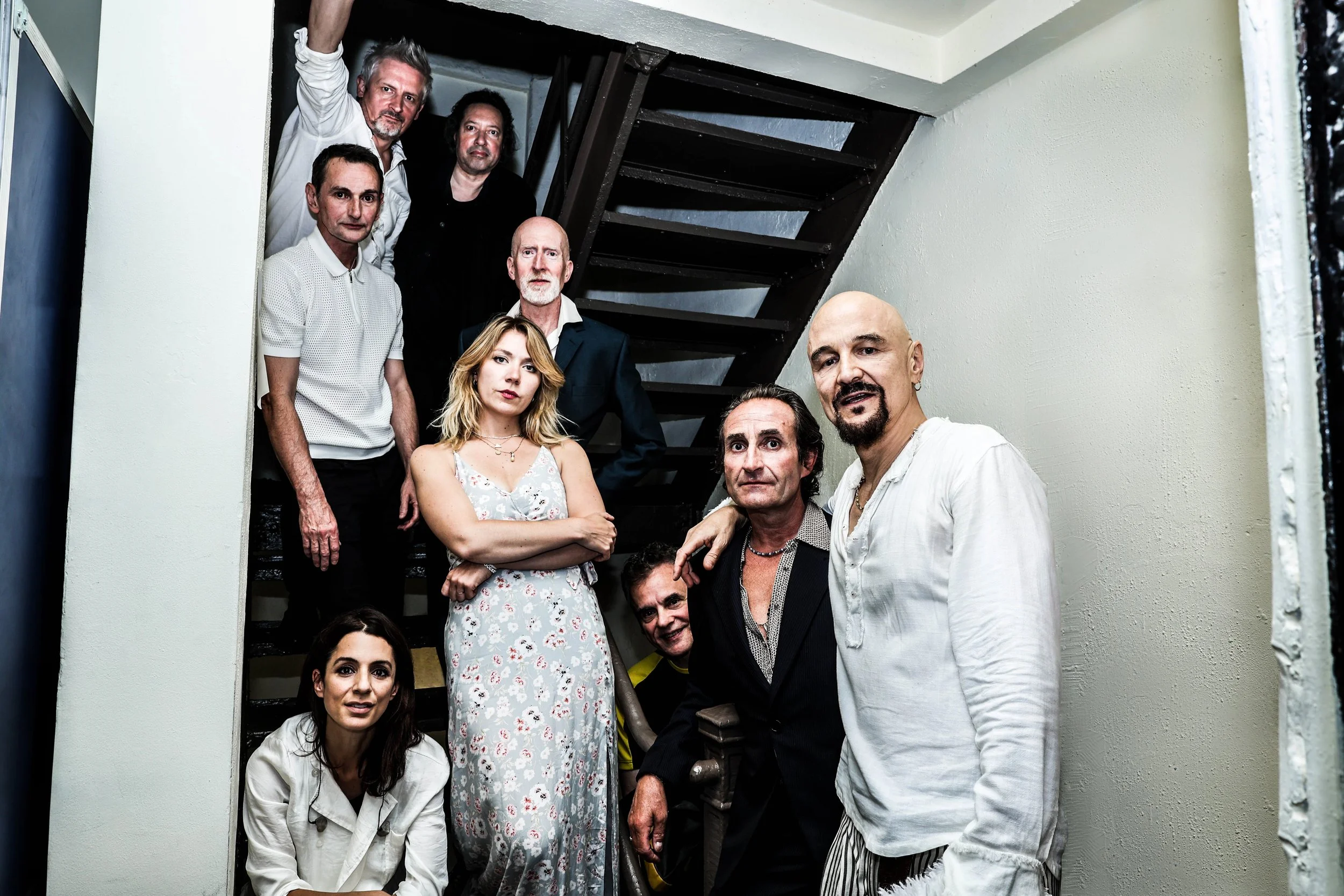I Am Cringe But I Am Free
One unexpected thing that the prolonged lockdowns and social restrictions of the Covid Era has given me is the opportunity to indulge the cringier pop-ier side of my music taste, all without the fear of the songs playing too loudly out of my earphones and revealing to everyone on the tube that I am in fact not as cool as I perhaps want to seem. I’m talking playing Taylor Swift’s entire discography on shuffle in the shower for the most intense emotional roller-coaster of my life, falling down a Tik-Tok wormhole when I should definitely be sleeping about Olivia Rodrigo’s Driver’s License and subsequent album and my Spotify wrapped showing a heavy reliance on The Pop List playlist.
Though I may not have the looming threat of public humiliation, I do have a 16-year-old sister who tries to keep my cringe music tastes under control. In her own way, I think she’s trying to keep me ‘young and cool’ at heart. When I hear her quietly listening to the new boy band of the moment, or a One Direction throw back number though I am reminded that there is a two-sided element to the nature of cringe.
Cringe itself is a clash of two things: self perception and the perception of others. There is more than one type of this clash though. Melissa Dahl talks about this duality in Cringeworthy: A Theory of Awkwardness, where she explores compassionate cringe and contemptuous cringe. The distinction between these two cringe feelings is especially important when we consider the overlap between pop culture, specifically pop music, and misogyny. The former invokes emotional identification with the person you’re cringing at. This is the kind of vicarious cringe that my sister experiences on my behalf when she hears me listening to Potential Breakup Song by Aly & AJ for the fifth time in a row, for example, as she knows that this is something socially pretty embarrassing.
With compassion though, comes an inherent sense of solidarity and community. The unifying potential of compassionate cringe lies in the mutual catharsis you experience when you realise your friend has been listening to the same song as you on repeat all week. It’s reassuring to know that someone you value is also as embarrassing as you. However, the latter kind of cringe conversely involves an emotional distancing from the person you’re cringing at. You perceive that someone is embarrassing themselves but instead of feeling embarrassed on their behalf, you feel something akin to annoyance and disgust at them. Regarding the overlap of cringe and pop culture, it is the contemptuous nature of cringe that both interests and saddens me.
Cringe is a symptom of anticipated rejection. In a wider cultural and social context, this acceptance/rejection axis stands in place of value in the form of social currency – what deems us to be cool or not. Cringey things, like ABBA and Vengaboys (cringe cult favourites of mine), are therefore considered to be bad, or at the very least things that we shouldn’t open admit to liking. What contemptuous cringe fails to recognise is that the cringe thing itself, pop music for example, is so widely enjoyed that the cringe factor should seemingly be rendered moot.
I would go as far as to argue that contemptuous cringe culture invokes a flattening of identity which reduces the individual to the supposedly embarrassing thing they enjoy and revels in humiliation as a form of entertainment. It is also worth mentioning at this point that this type of behaviour is often reflective of a certain level of insecurity and is rooted in the terror of public ridicule. After all, it is easier to laugh than be laughed and and to be cringe is to not be in on the joke.
Oftentimes, when considering cringe behaviour, the person doing the supposedly cringey thing isn’t experiencing shame or embarrassment. Instead, we are feeling it on their behalf and it is actually their lack of awareness that induces the cringe feeling in us. So, what happens when an individual such as myself is very much aware of the cringe status of my pop music interests? Well, the worst and most seductive part of contemptuous cringe is the reward of being able to consider yourself as superior to someone or something.
There is no definitive criteria of what makes something cringe, instead it is something to intuit based on context. What this means for the the cringe-accepting fans of the likes of Paris Hilton (another completely objective cringe pop example) is a strong sense of community between other compassionate cringers, but an inescapable societal judgment from contemptuous cringers that think they’re better than, smarter than, more interesting than because they can’t admit that Stars Are Blind is actually a banger. In this way, cringe enforces the limits of socially acceptable behaviour by wounding the ego in a self perpetuating cycle that reinforces singers and bands with predominantly young or female fan bases to be cringe and therefore in bad taste.
Now, far be it for me to praise an absurdly wealthy man for acknowledging and appreciating the fans who helped him rise to fame (read: the bare minimum), but Harry Styles touched on similar themes in his interview with Rolling Stone in 2017. Of his teenage-girl fans, he said “they don’t lie. If they like you, they’re there. They don’t act ‘too cool’. They like you, and they tell you’. It feels notable that Styles does not try and downplay the influence of his early boy-band career on his current fame and solo career. He goes on to say, “Who’s to say that young girls who like pop music – short for popular music, right? – have worse musical taste than a 30-year-old hipster guy?”, which is exactly what contemptuous cringe culture would have you believe. The dark underbelly of this kind of cringe is actually the sinister masking of the political agenda that disregards the social currency of typically feminised interests.
Passionate sincerity, as identified and valued by Styles in his fans, is inherently cringe. There is an innate desire to absolve ourselves of being associated with something cringe and therefore embarrassing, so we distance ourselves from things like pop music by deeming it a guilty pleasure. This passionate sincerity that Styles identifies in his young female fans, in the leading demographic of cringe pop boyband fans, is also actually heavily reminiscent of Susan Sontag’s Notes On Camp. Like cringe, the whole point of camp, according to Sontag, is to ‘dethrone the serious’. It is playful, anti-serious and involves a ‘new, more complex relation to the serious. One can be serious about the frivolous, frivolous about the serious’.
For me, discovering this overlap between the camp and the cringe was illuminating and freeing. Camp taste is above all, said to be a ‘mode of enjoyment, of appreciation – not judgement. Camp is generous. It wants to enjoy’. I think exactly the same can be said for pop music and cringe culture at large. Notes On Camp gave me the words to express what had long been ineffable to me. Pop music is more often than not just really enjoyable to listen to and that’s as far as my discerning critique goes. I am cringe but I am free.
Written by Hannah Coom
Hannah is a postgraduate with an MA in Issues in Modern Culture from UCL. Recently she has been working in e-commerce selling model planes, trains and automobiles. Outside of that she enjoys pottery, roller-skating and is honestly just trying her best.)







